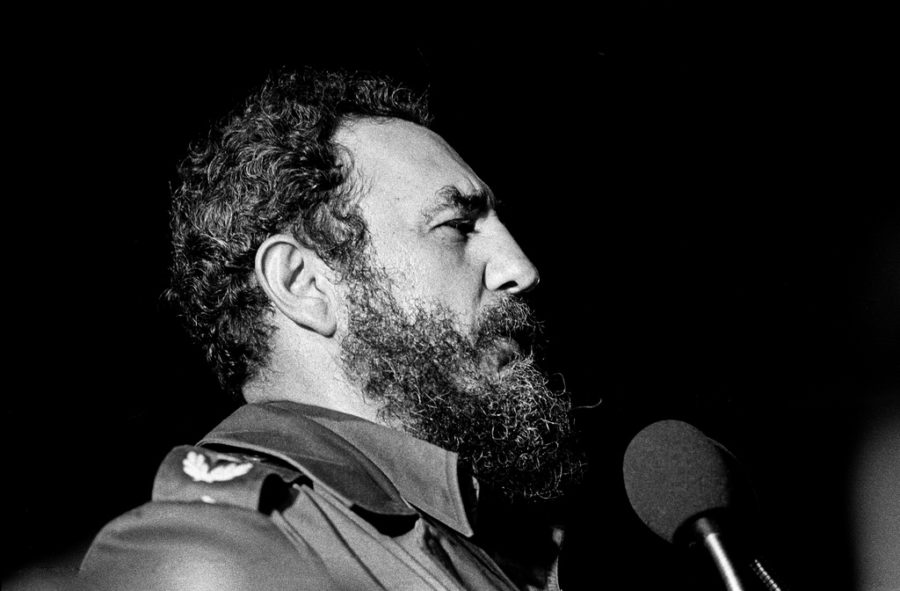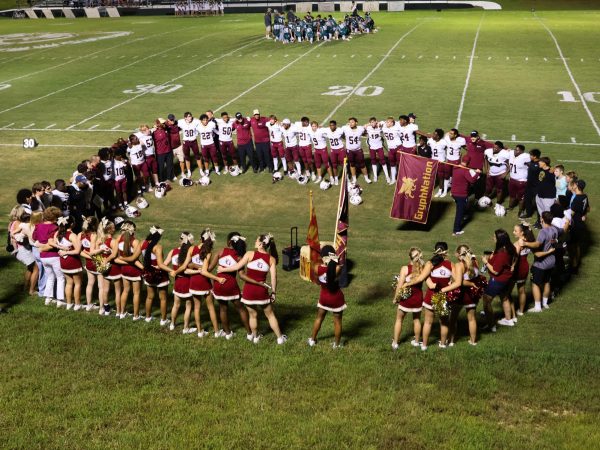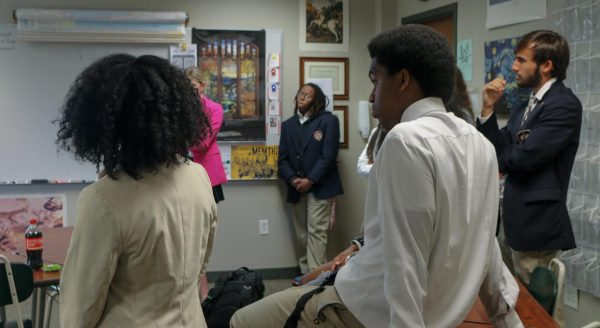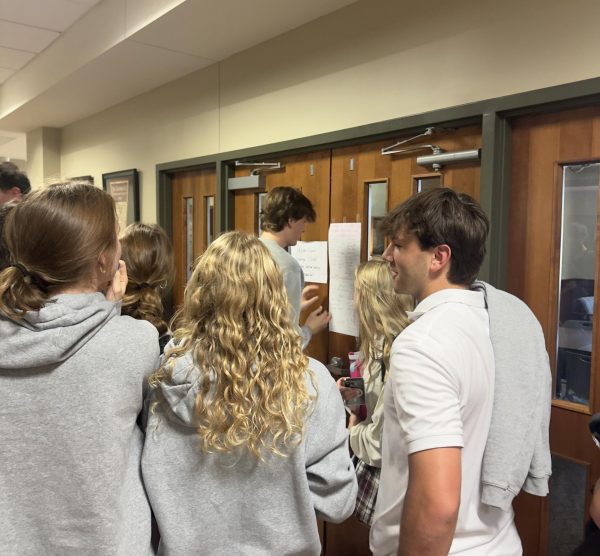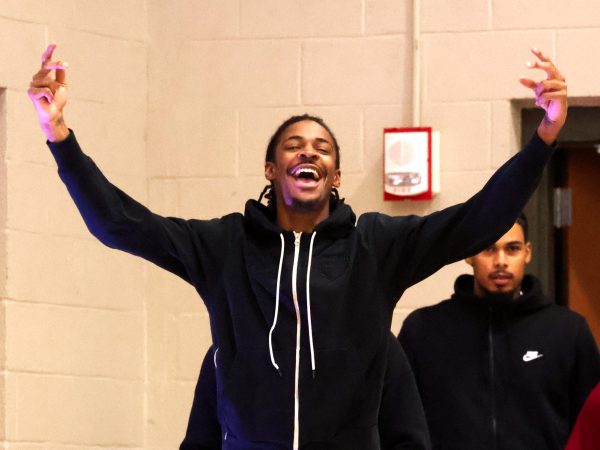The Death of Fidel Castro
Anti-Capitalists Mourn, Exiled Cubans Celebrate
Photo: Flickr
Fidel Castro gives a speak. Castro died on Sept. 25.
Fidel Castro, the long-reigning communist leader of Cuba, passed away on Nov. 25, 2016 at the age of 90. Having been rumored as being in ill health for years now, Castro died in his bed after surviving multiple assassination attempts throughout his lifetime. There was a public mass held for him on Saturday, Nov. 26, and he was buried in a cemetery on Sunday, Nov. 27.
Castro’s legacy has been controversial to many, and mixed emotions about his death have sparked new dissension between world leaders, human rights activists and the Cuban people themselves.
United States’ Amnesty International director, Erika Guevara-Rosas, does not deny that Castro helped Cuba in some ways, but she feels that his policies did much to stifle the development of human rights in Cuba.
“Access to public services such as health and education for Cubans were substantially improved by the Cuban revolution and for this, his leadership must be applauded,” Guevara-Rosas said. “However, despite these achievements in areas of social policy, Fidel Castro’s 49-year reign was characterized by a ruthless suppression of freedom of expression.”
Ileana Ros-Lehtinen, who served as Chairwoman of the House Foreign Affairs Committee and is now representing Florida as their Congresswoman, a state with an extremely high Cuban population, passionately tweeted about Castro’s death.
“Tyrant Fidel Castro is dead; a new day must dawn,” Congresswoman Ros-Lehtinen tweeted.
The Congresswoman’s words represent the opinions of many Cubans who were exiled from their land and also the opinions of human rights’ activists who felt that Castro’s communist approach crushed civility in Cuba.
While many are critical of Castro’s leadership and view him as a dictator, other individuals, such as Elián González, look to Castro as a hero. González, a young boy who Castro helped return to Cuba from the United States, reflects on Castro’s life lovingly and feels indebted to him in every way.
“He is my father who, like my father, I wanted to show him everything I achieved so that he would be proud of me. That’s how I was with Fidel,” González said.
According to the Washington Post, after his mother died while traveling on a boat to the United States, González was left stranded in the United States while a political tug-of-war ensued over if he should be returned. González credits Castro for giving him the opportunity to see his homeland again after he was retrieved from Florida and brought back to Cuba.
Other world leaders are also speaking out in mourning for a leader they considered a true friend, which has caused controversy.
According to CNN, Canadian Prime Minister Justin Trudeau has received backlash for describing Castro as “a larger than life leader who served his people” and allowing a moment of silence for him. Trudeau’s father was a dear friend of Castro’s, and at his funeral, Castro served as a pallbearer.
Although America’s relationship with Cuba was more than complex which has led the United States to distance itself from the country in the past, the death of Castro still affects Americans.
Concern has risen about what president-elect Donald Trump will do about his promises to undo President Obama’s executive decision to re-open communications between the United States and Cuba. Although it would be possible for Trump to make these repeals when he takes office, according to the Wall Street Journal, he would likely face backlash from major American corporations that have invested deeply in Cuba since the ban was lifted.
Although there are still strings that need to be tied up and unfinished business that needs to be handled, Castro, a man who held a reputation that was both coveted and hated, has sparked controversy between people posthumously.
Cuba’s beloved “Comandante” has made his final departure, leaving his countrymen, foreign friends and foes to ask, “What now?”


